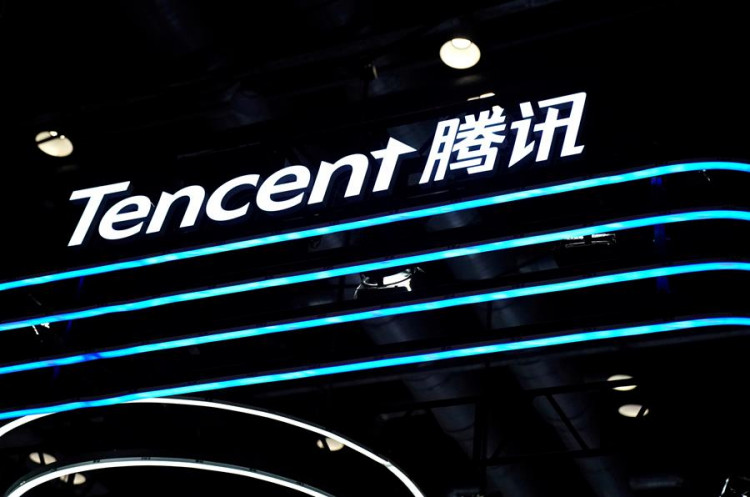In a surprising turn of events, China's gaming regulator, the National Press and Publication Administration (NPPA), has withdrawn its contentious draft rules aimed at curbing excessive gaming spending and addiction. This decision, which was reflected in the removal of the draft rules link from the NPPA's website, resulted in a significant boost in shares of leading gaming companies like Tencent Holdings and NetEase.
The withdrawn draft rules, which had proposed spending limits for online games, had initially sent shockwaves through the market, erasing nearly $80 billion in market value from China's top gaming firms. The removal of the link on Tuesday followed the expiry of the consultation period for these rules, which had been a subject of intense debate and concern among investors and industry players. The draft had particularly targeted practices such as in-game purchases and daily rewards, aiming to combat gaming addiction.
This move by the NPPA has been interpreted by analysts as an indication of potential revisions or a complete overhaul of the proposed measures. Xiaoyue Hu, an analyst at Haitong Securities, noted the unusual nature of this decision, as previous regulatory measures typically remained on government websites even after the consultation period. The change in approach from the NPPA signals a possible moderation in the government's stance on the gaming industry, which had been under strict scrutiny.
The initial reaction to the proposed rules had highlighted the nervousness surrounding regulatory changes in China's tech sector, especially at a time when the government is striving to stimulate private sector investment to boost a slowing economy. However, the NPPA's recent actions, including the removal of a key gaming regulatory official linked to the rules, suggest a more negotiable approach to industry regulation.
The withdrawal of these rules has brought a sense of relief to the gaming industry, as indicated by the jump in shares of major players like Tencent and NetEase. Investors are now keenly watching for any further updates or changes in the regulatory landscape that could impact the sector.
While the exact future of these regulations remains unclear, the current development is a positive sign for China's gaming industry. It demonstrates the government's responsiveness to public and market feedback, balancing the need to address social concerns like gaming addiction with the imperative to support one of the country's most dynamic and lucrative sectors.






